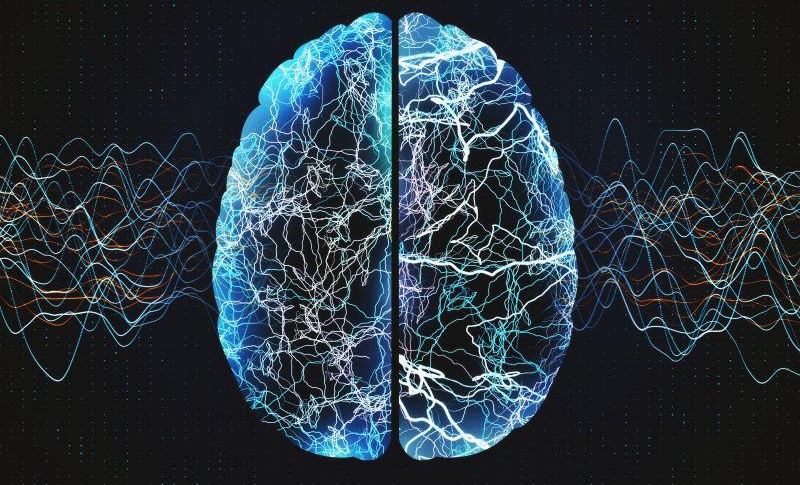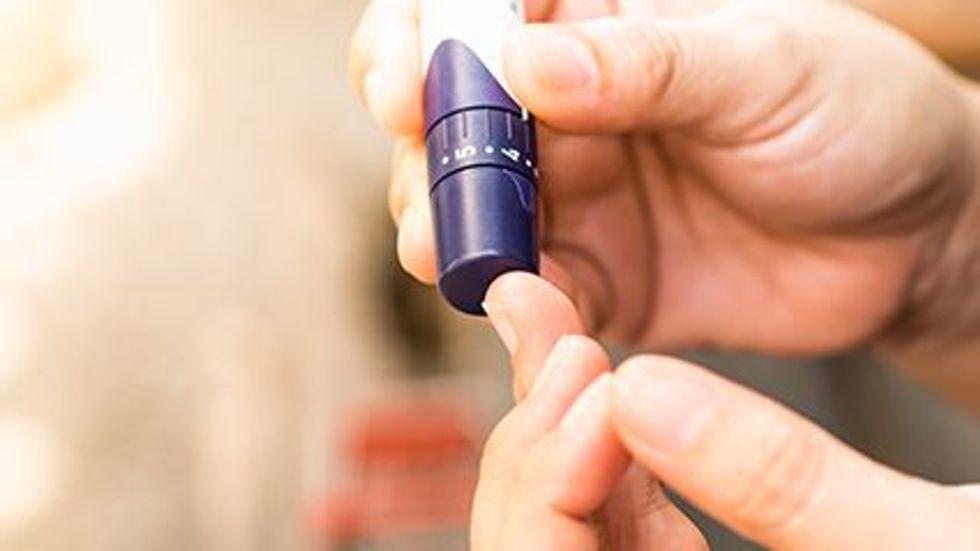
Intermittent fasting might be bad for your heart, a new study warns. People who restricted their eating to an 8-hour window had nearly twice the risk of heart-related death compared to folks who ate freely, results show. This runs counter to previous research in which intermittent fasting improved several measures related to heart health, including… read on > read on >






























